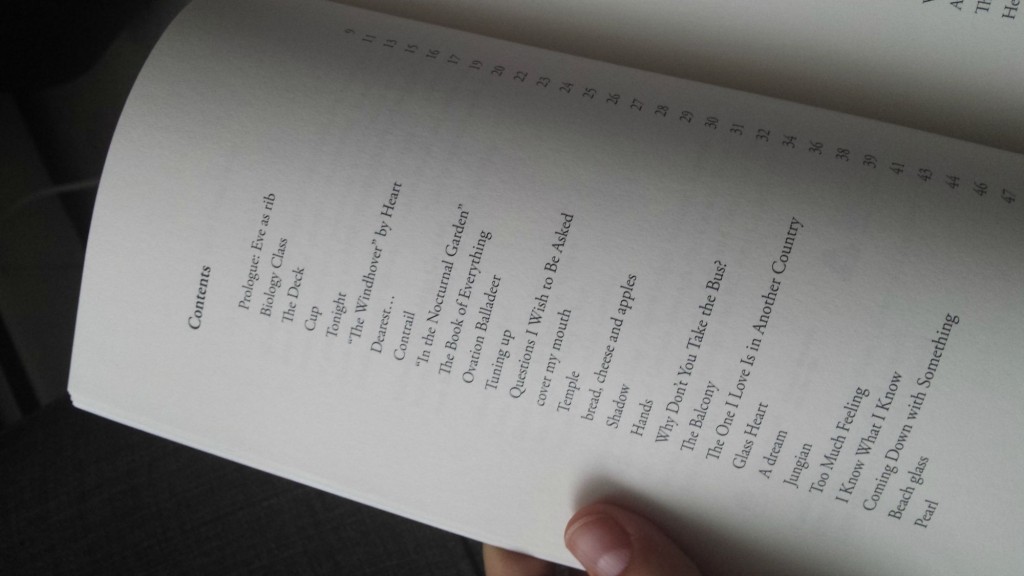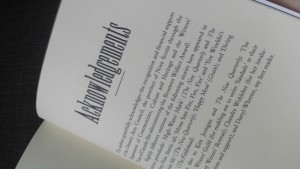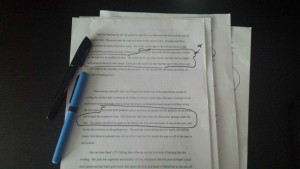We’re introducing a series of posts on the new Vancouver Manuscript Intensive website called Writer Q & As. Look for 2 to 3 questions from writers answered by Betsy, VMI mentors or guest writers every month under the News & Missives section. Here are this month’s selections:
I’m a poet who writes sixty or seventy poems and THEN tries to group them into a manuscript. This is a difficult way to find a through line or order as I don’t automatically have a beautiful way to group the poems. I pick the title from my favourite poem and hope for the best. Any advice would be appreciated. [Jude Neale]
What is the best way to go about ordering a manuscript of poetry? [Tina Biello]
This vexing question arises again and again no matter how many books you have published. Occasionally, a collection is written with a clear narrative structure but more often it is not. The standard approach of grouping poems in predictable subject categories weakens the collection, in my opinion. It’s antithetical to how life and perception actually is experienced. The more closely you create the quirky flow of experience the more your reader will be drawn in.
How to do it? Try this. Identify the poems that embody pivotal moments. These poems must be your strongest poems but not necessarily your favourite ones. They have a unique, compelling voice. Like breathtaking, hairpin curves going down a mountain, they embody the narrative’s specific journey with its twists and turns until we reach the end. Resist using equal distance between the curves (the journey isn’t a marching band!). Let each hairpin poem magnetize other poems to its “leg” of the journey. In tandem, use progressive, re-occurring images, metaphors, and key words to pull us forward. Slow down where intimacy and intensity needs to draw the reader close: give them space to absorb, reflect, even to laugh.
There will be many poems that don’t fit: good poems, even favourites! Accept they belong elsewhere. Compelling collections fizzle out near the end when orphan poems have been thrown in. Experiment. Try more than one arrangement. Which is most true and dynamic? For additional ways to structure a collection, analyze the poetry collections you love to see how each one is “built.”
Answered by Betsy Warland.
What are some guidelines you would suggest for writing an Acknowledgements page? [Rahat Kurd]
Read the answer here.
Everytime I ask myself a question, I answer it. Lately, this is the question: how do you find your voice in the telling and not sit too far back? In other words: how do you find that intimate tone when the material is so personal? It seems the tendency is to speak from a distant or observational tone, which lacks energy sometimes. [Cynthia Woodman Kerkham]
Read the answer here.







Recent Comments